

















Over Shirt Workshop
For All Levels
Online at Your Own Pace
Sew Your Own Professionally Made Shirt
3 Hours Of Video Tutorials & 23 Skills To Learn
All PDF Patterns Included (Sizes - UK 4-28 / US 2-26 / EU 32-56)
Easy To Print
Detailed Fitting Guidance
Join From Any Country
Lifetime Access
Master the Art of Sewing
The Over Shirt Workshop teaches you the art of traditional shirt making while guiding you through the creation of a beautifully finished, workwear-inspired piece.
Combining time-honored tailoring techniques with modern workwear details, this course gives you direct insight into professional methods, skipping the trial and error. You’ll learn how to sew with precision through run & fell seams, structured plackets, classic collar construction and clean, detailed topstitching. A dedicated fitting tutorial ensures a comfortable and flattering fit, while the built-in chapters break the process into manageable steps.
By the end, you’ll not only have a timeless shirt to wear, but the confidence and skillset to approach future shirt projects with ease and accuracy.
Over Shirt Workshop
Highlights:
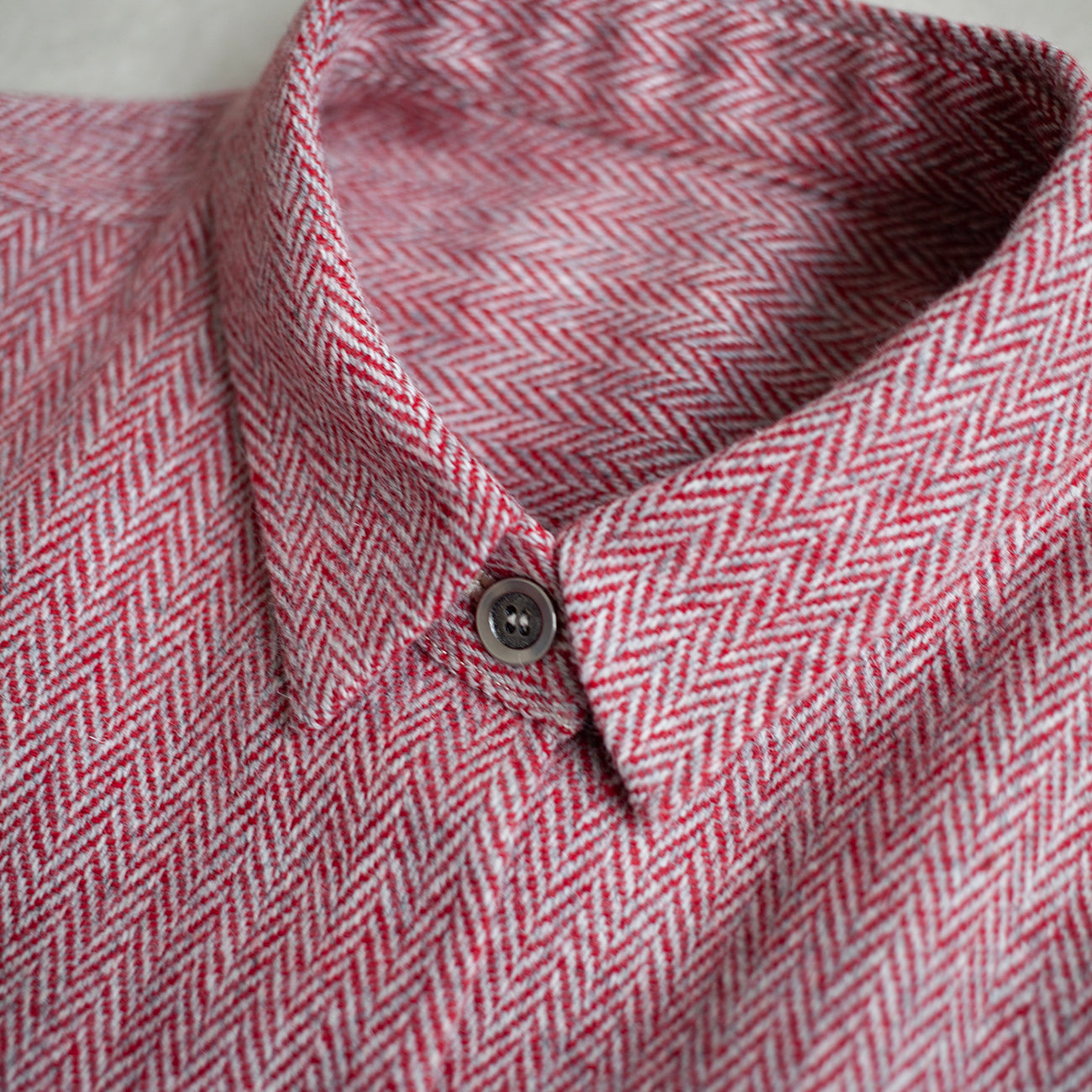
Make a high-quality garment
The Over Shirt is designed to teach you clean finishes and high-quality construction techniques for a garment that looks polished and stands the test of time.
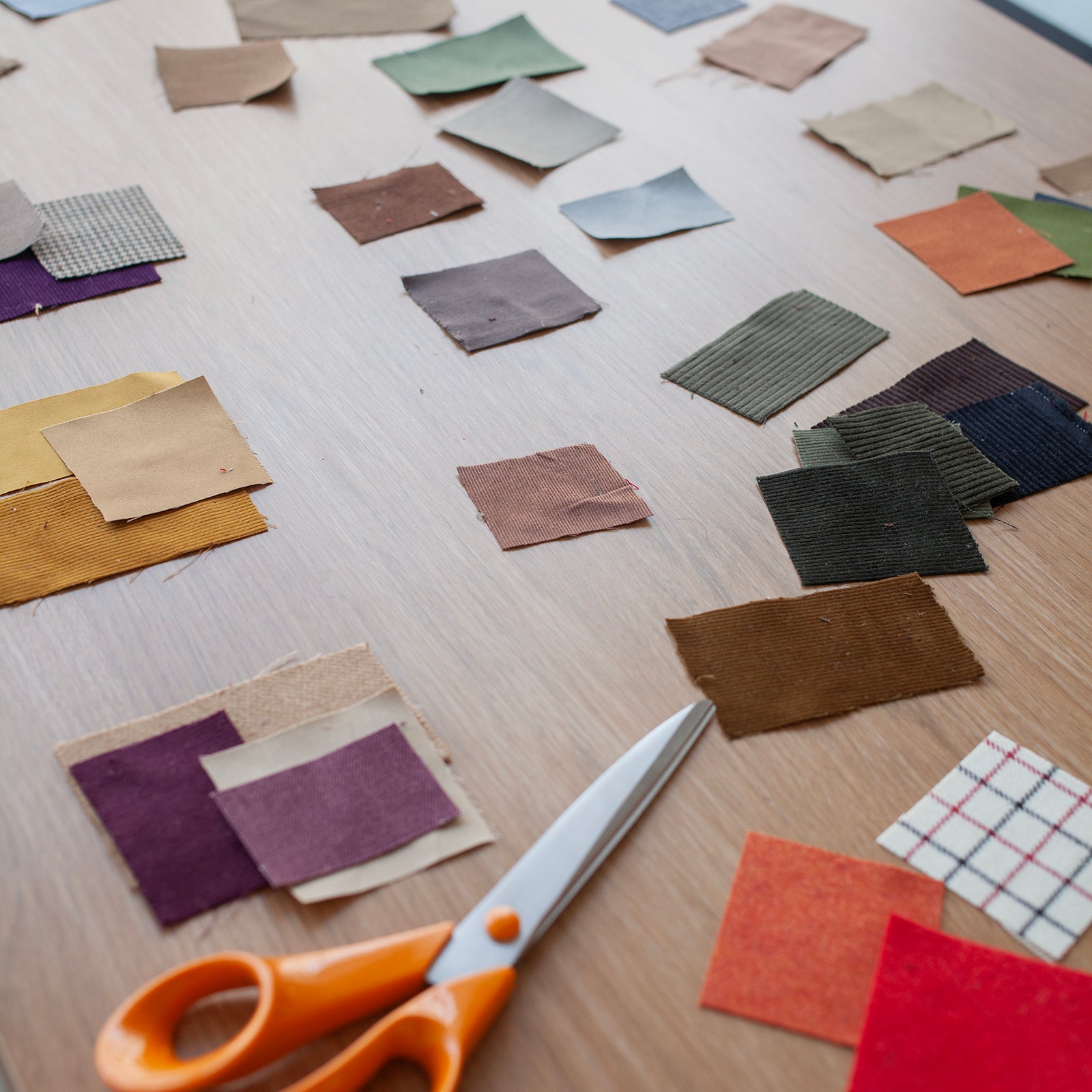
Get creative
Choose your fabric texture, colours, thread, buttons, and other details to make the Over Shirt uniquely yours, crafted with care from start to finish.

Master Your Skills
Learn industry standard techniques from a professional pattern cutter and designer.

Step by Step Tutorial
Learn and elevate your skills without guesswork or stuck in the process.
What's Included:
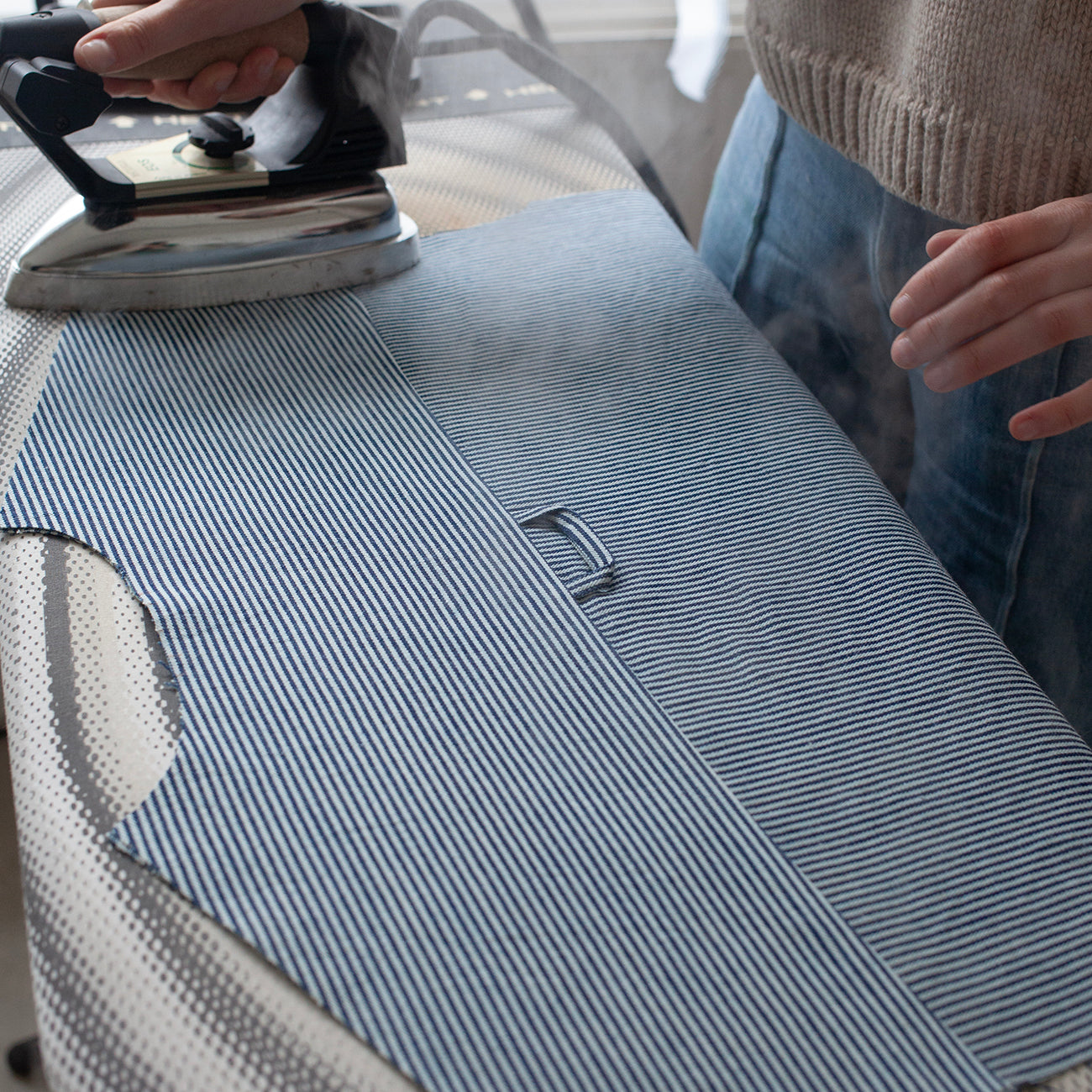
12 Skills to Learn
Over 3 hours of video tutorials to teach you around 23 skills in building professional sewing habits and adjusting your pattern to make it fit perfectly.
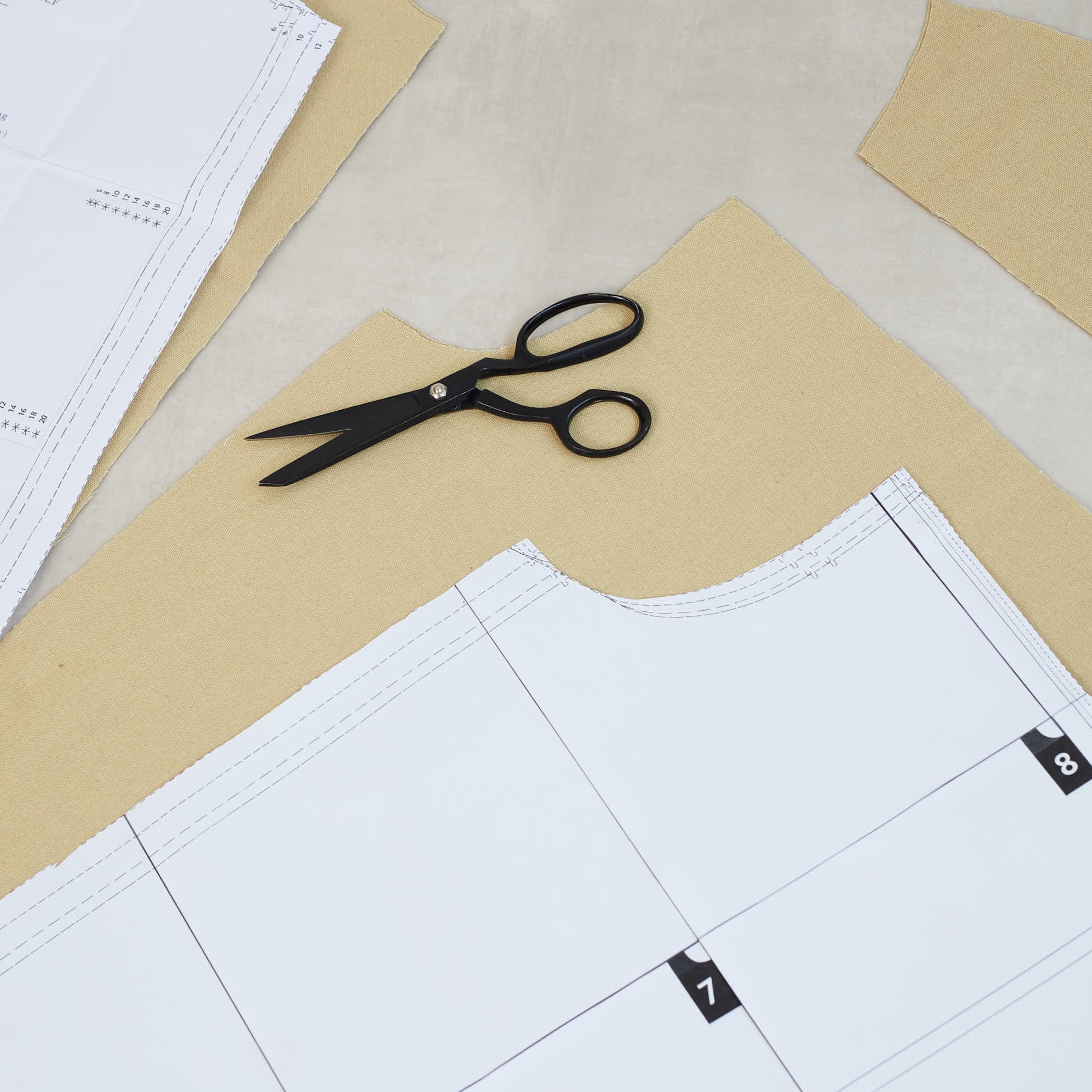
1 x Professional PDF Pattern
You’ll receive a professionally drafted pattern for the Over Shirt with endless creative opportunities.
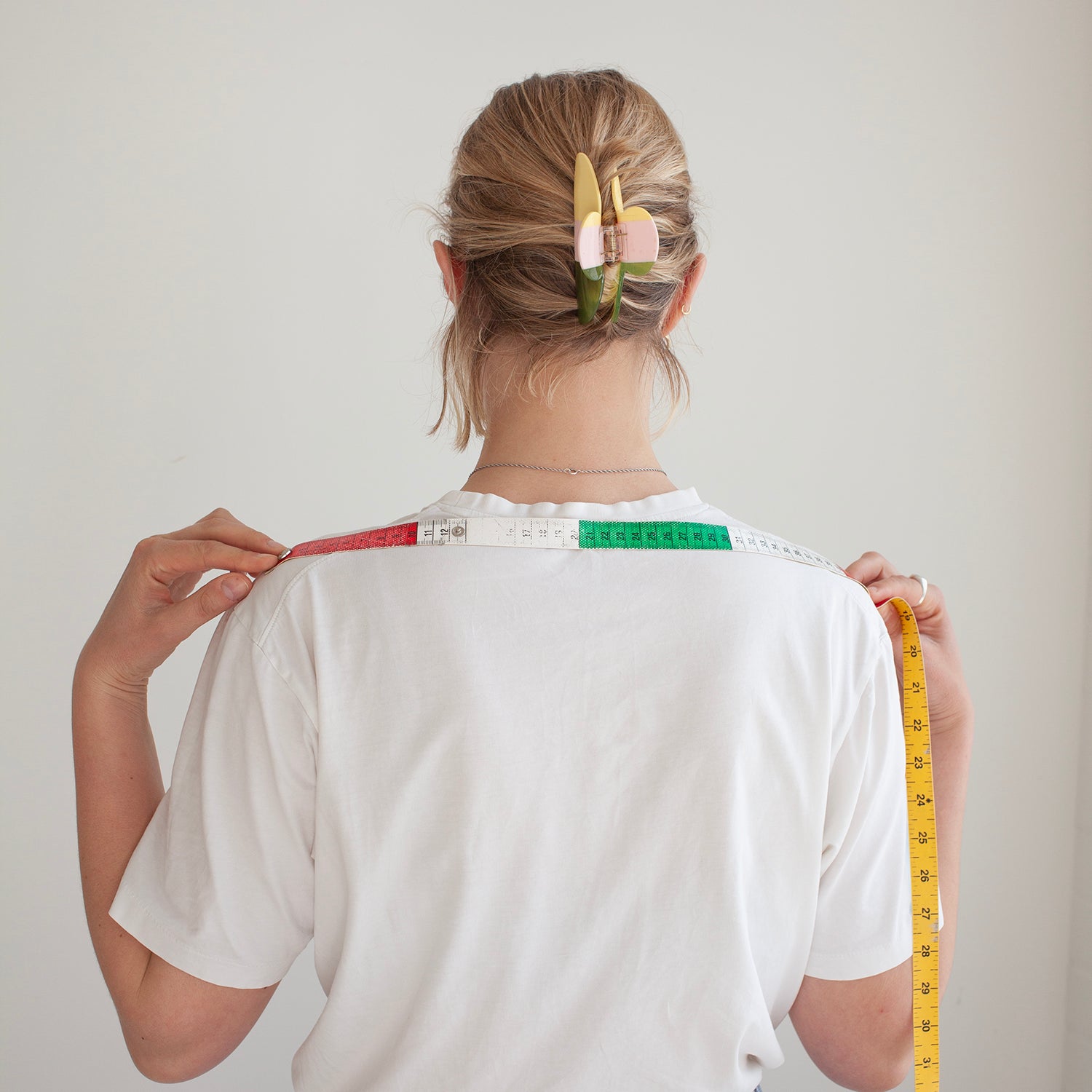
In-depth Fitting Tutorial
Our 11 part fitting tutorial covers everything from measuring your body accurately to ensuring a good fit on your shoulders, bust, back neck and arms.
Wonderful makes from our community:
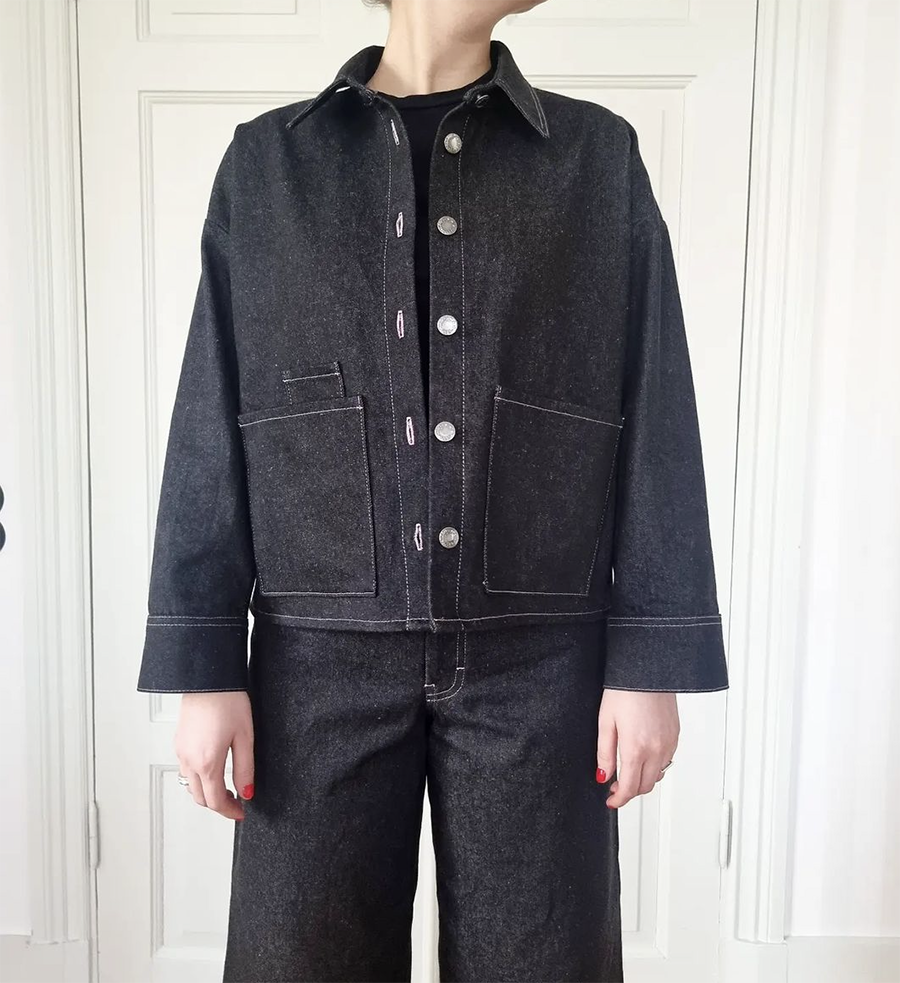
@lisas.sewing.studios
Over Shirt
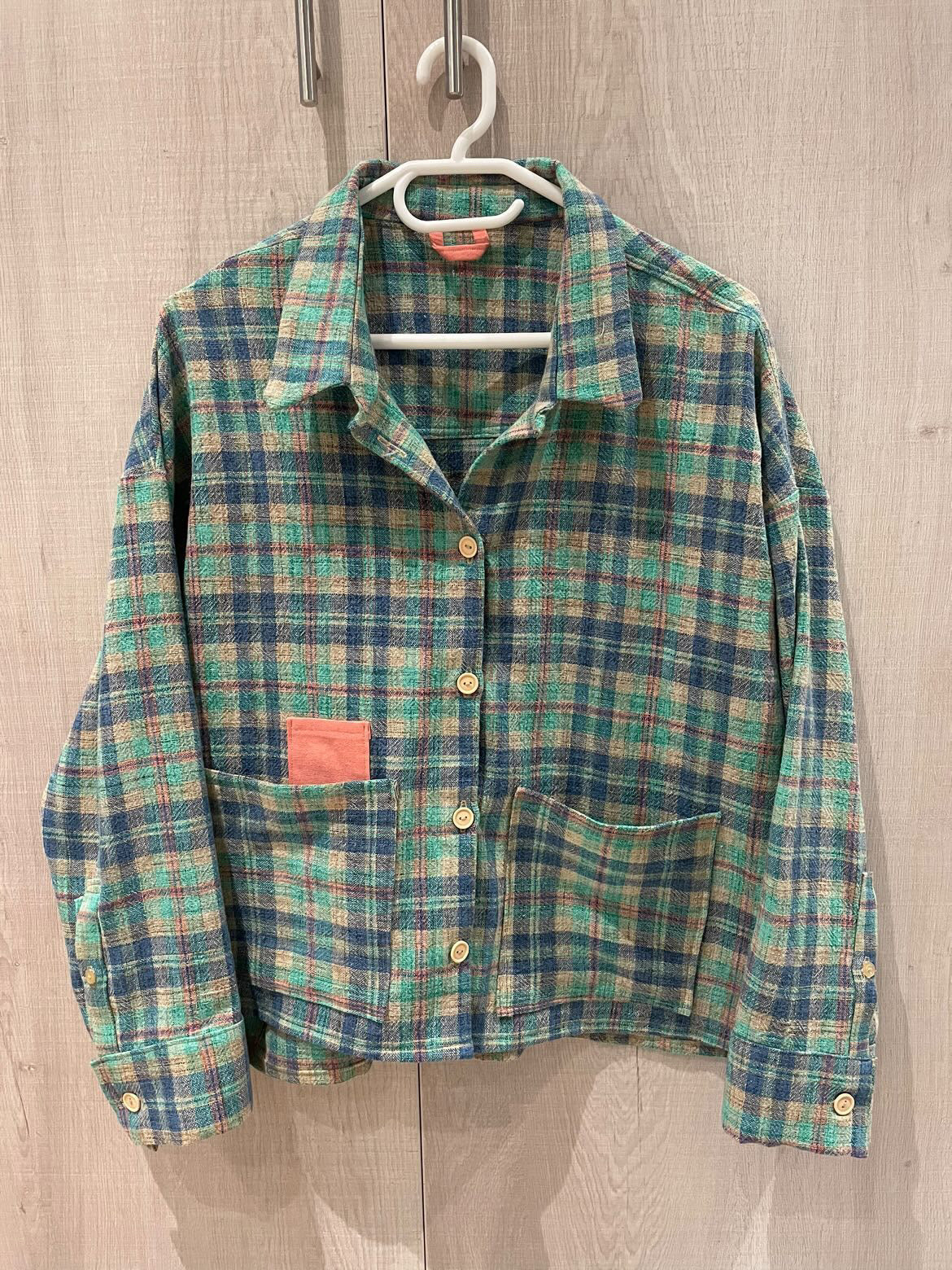
@sew_and_stroll
Over Shirt
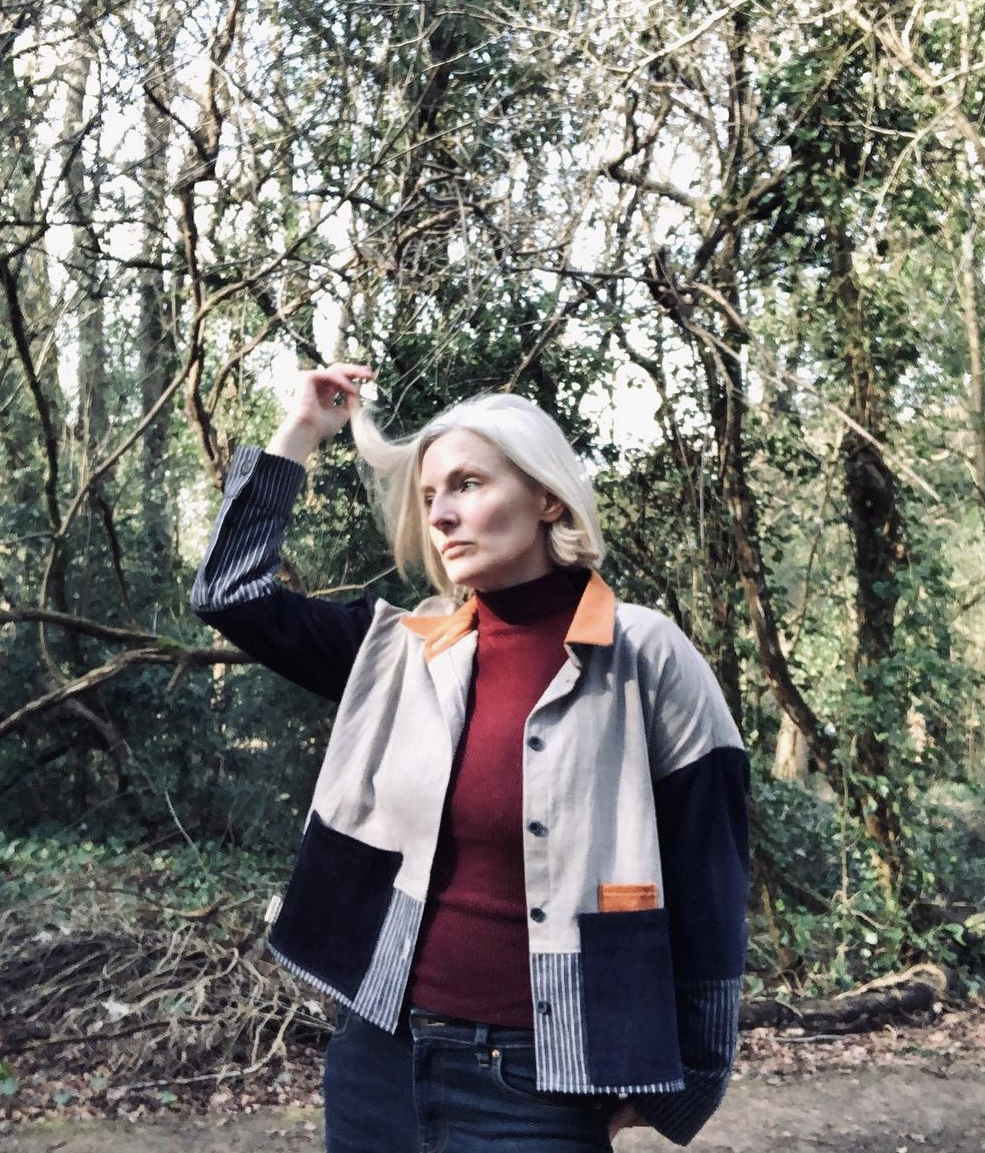
@the.hero.of.this.story
Over Shirt
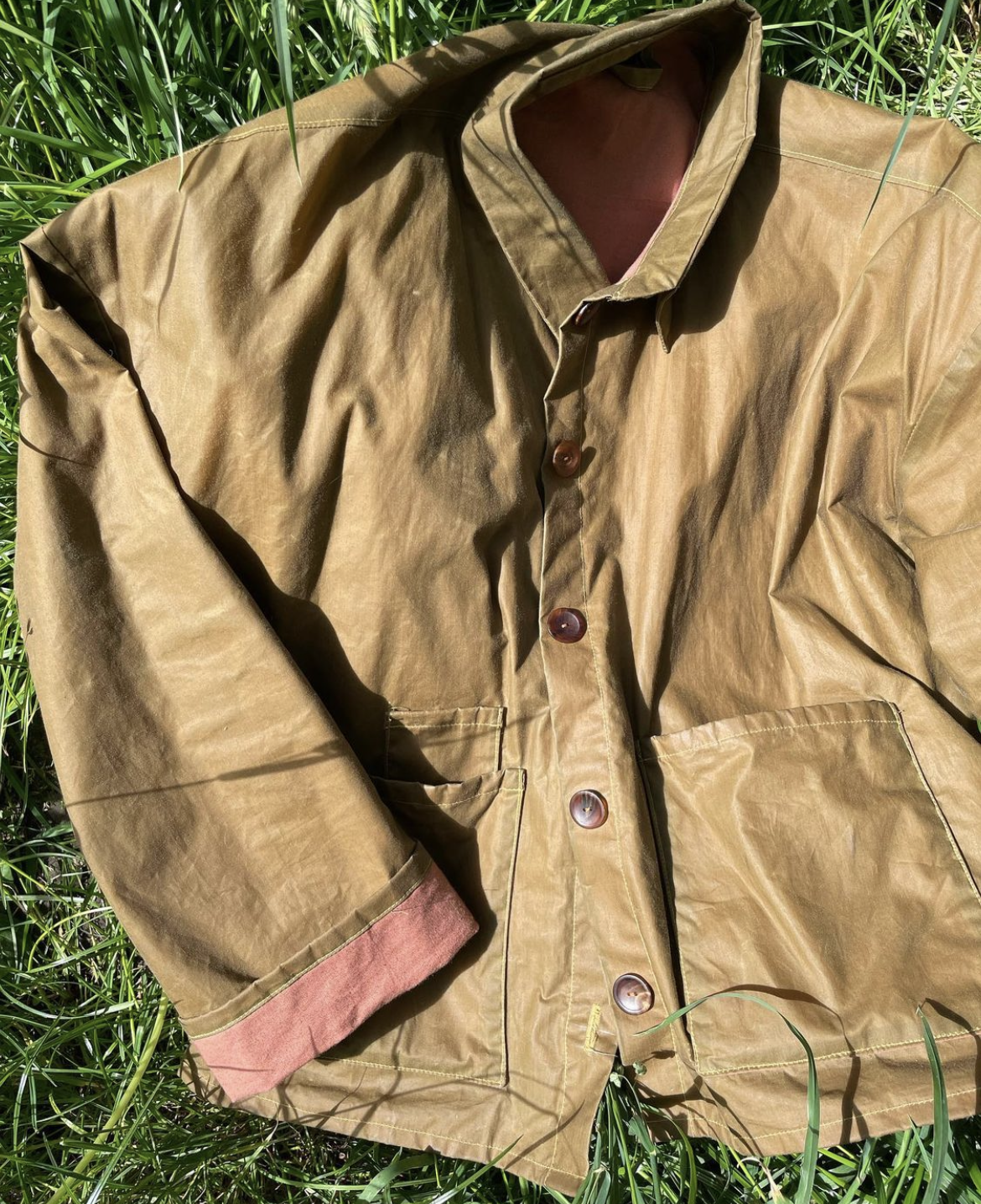
@heritageninja
Over Shirt
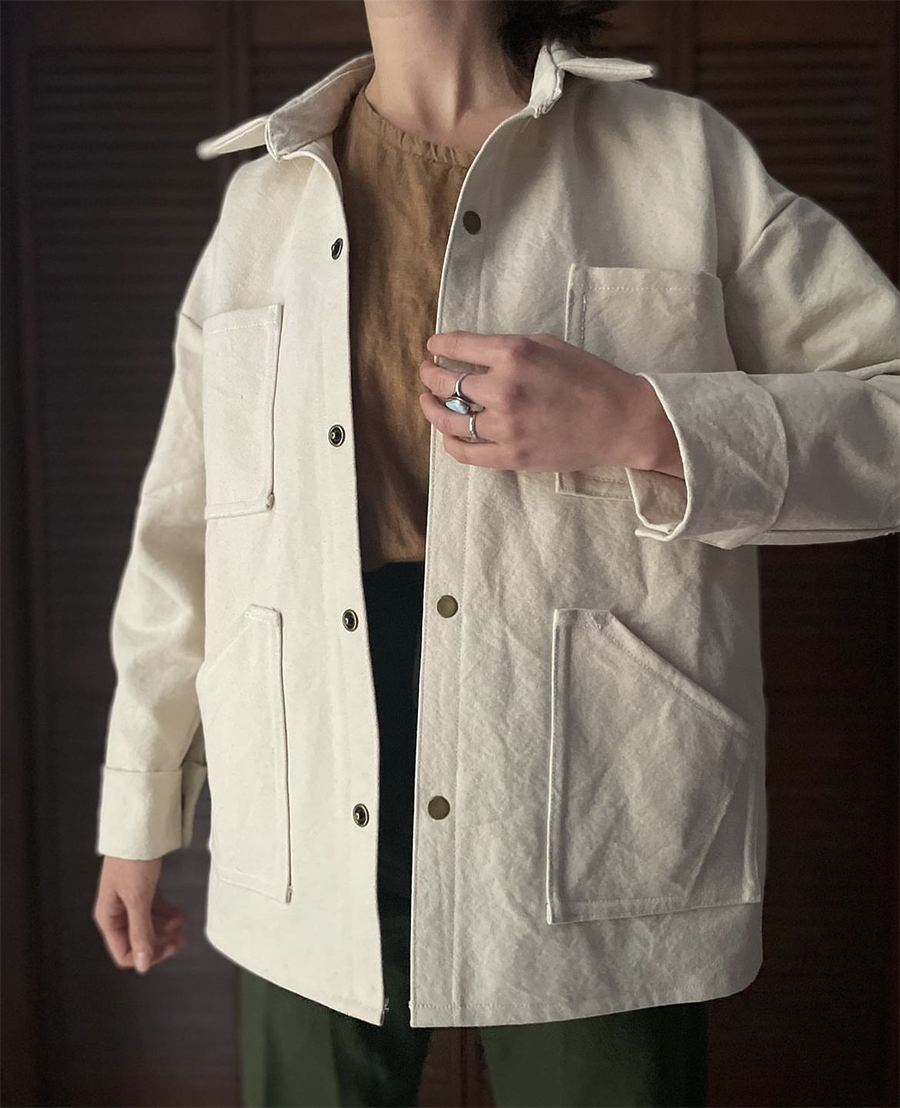
@beccalgood
Over Shirt

Meet Your Teacher
Hetty is the founder of the Modern Sewing Co., a professional designer and pattern cutter with 15 years experience in garment making. Having trained at London College of Fashion and the Tailoring Academy she is passionate about great design, detailed construction techniques and helping people make beautiful clothes.
My first ever time making clothing and the video instructions, written instructions, and free beginner pre-tutorials were absolutely 5*. I am blown away by the quality of finished garment I was able to make as a complete beginner. I can’t wait to make this in more fabrics as it’s a staple piece. The product (workshop) is so professional and clear, I worry I will forever compare any future patterns and instructions to this. Indeed I’ve just completed my second sewing project with a pattern from someone else and it was not even on the same level as this one. Please bring out more designs and workshops
I thoroughly enjoyed making this overshirt, the instructions of all the Modern Sewing Co patterns are all very detailed and logical. I used a medium weight light pink denim from Merchant & Mills for the project. The sleeves are a perfect length which is quite unusual for me, my only tricky bit was easing in the fullness at the sleeve head, but I think that was partly my own fault as I had graded sizes between the neck area, yoke and back and possibly didn't amend the sleeves!
Couldn't make up my mind between denim jacket type studs to close, or buttons and buttonholes, but finally opted for candy stripe pink and white buttons, larger ones down the front and smaller ones on the cuffs. I took Hetty's advice and went over the buttonholes twice, which definitely makes them feel sturdier and less likely to fray in the future. All in all I'm delighted with this make !
I really enjoyed sewing the overshirt pattern. The clarity of the instructions was an absolute lifesaver for me - watching and replaying (multiple times) I successfully made a Shirt that I enjoy wearing.










